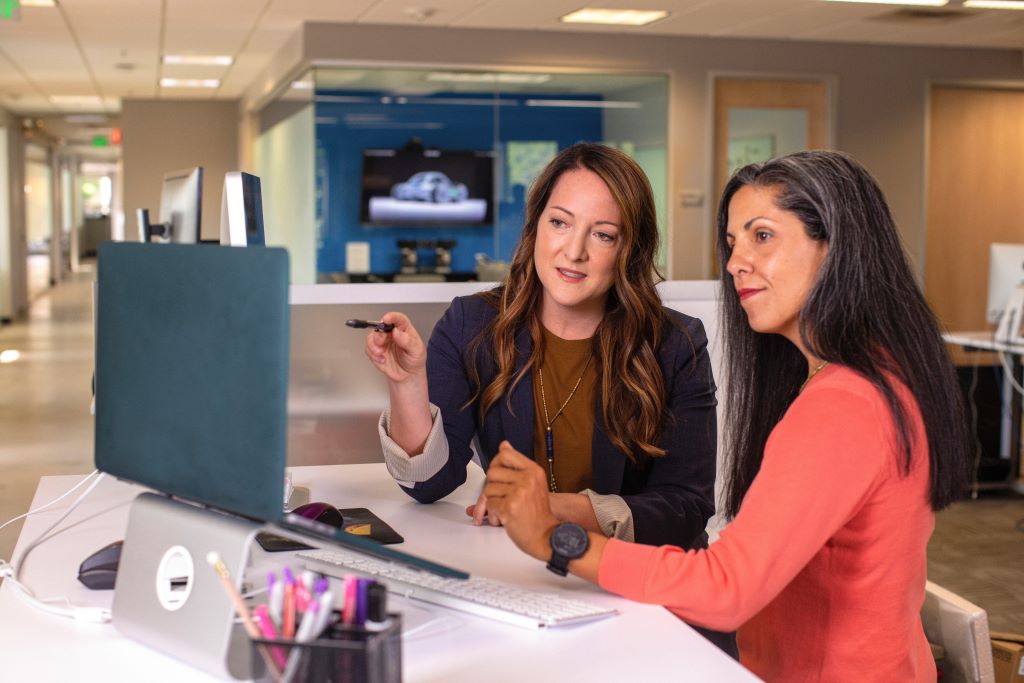Marge was a typical 45-year-old. She worked as a school teacher, and saved for years. In the back of her mind, she knew that she should start thinking about retirement, but aside from putting money into her savings account, she didn’t know what else to do. However, she felt nervous about speaking to a professional.
One day, a friend recommended she reach out to a financial advisor. Reluctantly, she agreed to meet.
“So, are you a broker? Will you be buying and selling stocks for me?” She asked when she came in.
“No,” replied Sam, the financial advisor. “I’m here to give you a financial plan. That might include investments, but it might not.”
“There are plenty of websites and books that give advice for free. What will I be getting from you?”

Photo by LinkedIn Sales Solutions on Unsplash
Nothing is free
Marge brings up a good point. What is so special about hiring someone to just give financial advice? There are so many resources that give advice for free, from social media, to news channels, to investment articles. Why should anyone pay for advice?
Nobody works for free. So, where are these authors and content creators getting their money from? Why are advertisers willing to pay a premium to sponsor them?
If nothing is truly free, what are you paying for with these services?
Behind the free façade, there are a few ways that people end up paying a high fee for tackling finances without a professional.
- School of Hard Knocks: There is a learning curve in finance. People learn either through experience, or through the guidance of an expert. Someone trying to tackle finance on their own could be making mistakes without realizing. Meme investors are fond of saying “You’ll make money as long as you know what you’re doing.” Well, how long does it take before someone knows what they’re doing? There’s a high entry fee paid in losses for those who don’t have a coach.
- Uncertainty: Without a professional and a cohesive plan, without a way to measure progress, people can experience a dark side of finance. They may feel worry, fear, regret, frustration. They might even lose sleep over it, or it might start to affect their relationships. This is a cost people rarely think about.
- Cost of Lost Opportunities: A good financial advisor not only helps protect a client from unnecessary losses – they can also point out opportunities that might not be immediately noticeable. They can do this because they’ve helped other people through similar situations, which an individual might never get to experience on their own.
- One-Size-Fits-All Inefficiency: Articles are written for the widest possible audience. Because of this, the advice in them is very rarely applicable to a person’s specific situation. For example, how often have you read an article that talks about the top stocks to buy? It very rarely points out how risky stocks are. With so much risk, these articles would not apply to a retiree’s account, when the goal shifts to income rather than growth. The potential loss of years of retirement income is never mentioned in these articles. Next time you see these articles, look for any sign of specificity to your situation. Do they give any qualifiers so that you would know the advice would suit you? Do they give contingencies to execute the strategies in your portfolio?
What does Marge get?
“So you can see, Marge, our analysis is worth its value by helping you grow your wealth. But,” Sam added, “More important than that – we can give you peace of mind. A good financial advisor will help you get your goals and strategies aligned. How much would it be worth to you to feel certain that your money is actively working towards what you want?”
Marge sat silently for a moment. She thought about how she didn’t understand what her 401k was doing. She thought about how during the summer she took her family on vacation, but always felt a twinge of pain when she was making the payments – was she spending too much?
Most importantly to her, how much would she need in retirement so she wouldn’t have to rely on her children?
She started nodding her head.
“That would be worth a lot, actually.”
She smiled, and she realized that she felt like a huge weight had been lifted off her shoulders. She was going to find answers to all her financial questions.
If you’ve been curious about how a financial advisor could benefit you, click here to sign up for a FREE Bronze Account. One of our licensed advisors will reach out to you for a 1-hour coaching session.